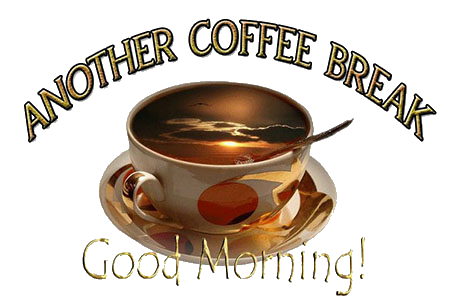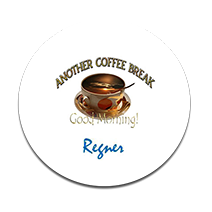
FEATURED COFFEE BREAKS
ANOTHER COFFEE BREAK: OUR FOREFATHERS’ COVENANTS, Part 6
We wrapped up last week quoting from the apostle Paul where he instructs prayers and intercession on behalf of our leaders and representatives in government. Let’s pick up where we left off. We are taking a short break in our narrative on the founding documents for the colonies. Paul laid out very clearly what kind of government God purposes for a praying people. The verse I just quoted is a small portion of what Paul had to say on the topic.
ANOTHER COFFEE BREAK: OUR FOREFATHERS’ COVENANTS, Part 5
It becomes pretty clear when you read some of the early founders’ documents that they had a VERY strong purpose in establishing this nation – as well as the early colonies – as a place where Jesus Christ is Lord! The way they expressed themselves back then would go over about like a lead balloon today, but when you realize that they were fed up with a state-sponsored religion, as was England, it isn’t hard to understand their vehemence. Last week, we quoted the first part of Maryland's Act Concerning Religion. There’s a lot more to go, so let’s take a look at it. An Act Concerning Religion (continued)
ANOTHER COFFEE BREAK: OUR FOREFATHERS’ COVENANTS, Part 4
As you will see (and continue to see) in the following documents, the term, “religion” did not mean, Buddhist, Muslim, Confucianism, or any of a host of other non-Jesus Christ honoring beliefs. For our early settlers and founding fathers, “religion” simply meant differing denominations or sects, but all believing in the same fundamental tenets of Christianity. They could differ on doctrines, but NOT on the supremacy of the Lord Jesus Christ.
ANOTHER COFFEE BREAK: OUR FOREFATHERS’ COVENANTS, Part 3
After our Christmas and New Year’s holiday break, let’s continue looking at the specific wording that our early settlers used in describing the covenants they made with each other in the establishing of this country. Two weeks ago, I said that we would take a look at the charter that John Winthrop wrote (actually, he wrote it jointly with roughly a dozen other men) for the Massachusetts Bay Colony. It would take up all of today's Coffee Break, and then some, if we were to quote the entire charter; but there is a paragraph in the charter germane to our ongoing discussion, and that's where I'd like to begin today.
REGNER CAPENER
ARCHIVES
